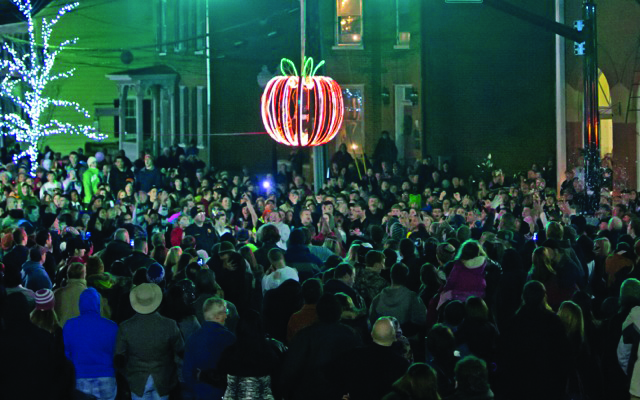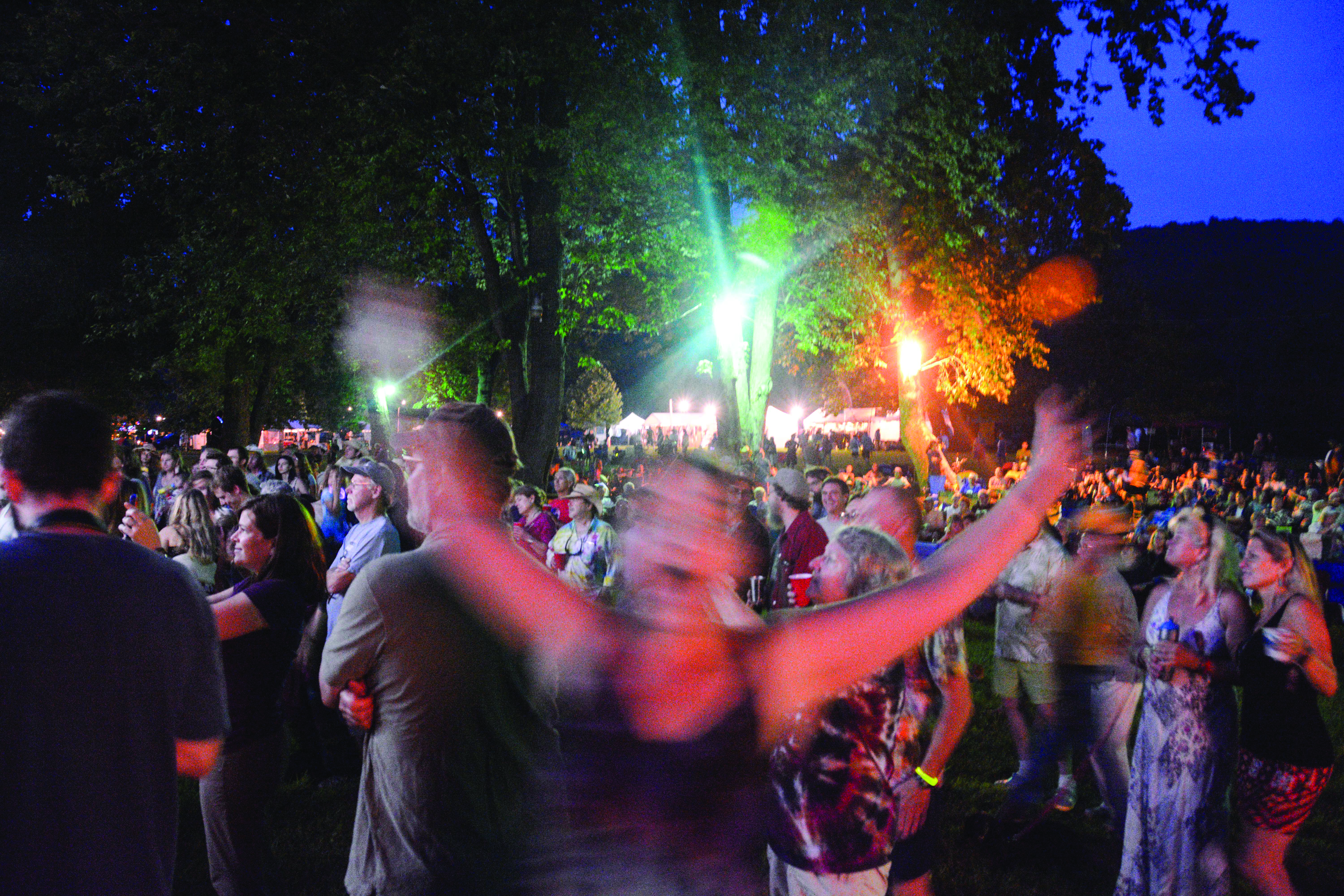Home Care, a valid option
Deciding how to care for Mom or Dad as they age can be overwhelming. Many professionals predict care giving and health care are increasingly returning to the home. Sonna Russell , a local resident and a professional in the senior adult industry, says, “Technology is a huge factor in the ability for a person to stay at home. Part of the dilemma for adult children is the dispensing and management of medications. Automated pill boxes are available to insure that medications will be taken properly. The pill is dispensed and a buzzer goes off until the pills are taken. Some units even notify caregivers through the phone system. The cost to purchase one of these pill boxes is minimal compared to the cost of other alternatives.”
Health care is often the biggest expense in retirement—and the hardest to predict. Family members should take steps to be proactive about caregiving expenses. Things to consider when opting to stay at home are the costs of installing ramps, railings, and lifts. For persons with dementia, other additional safety measures might need to be added. One resource for information on this is the Alzheimer’s Association.
Families might want to hire a friend or a private caregiver. This often saves money. Using additional services can result in good care. Families should keep the following in mind:
Do a background check on people other than family; there may be a small fee.
Ask for personal references.
Define the terms in establishing the caregivers’ Social Security taxes.
Check your homeowner’s insurance policy for coverage of any unexpected incident.
Make use of resources like a parish nurse or area aging agency.
Enroll in meals on wheels; contact the Shenandoah Area Agency on Aging.
Provide outside socialization like attending a senior center, or an adult day service.
Record caregiver’s time and payments for care; it’s tax deductible.
Check with Medicaid regarding compensation for the family member caregiver.
Ensure the family caregiver receives respite; non-medical care, aging services, churches, friends, etc., are all good resources for respite care.
Taking care of Mom or Dad at home may not be possible for the family members themselves, and may depend on factors like the type of care needed, time off work, and the physical and mental strain on the caregiver. To help with this decision, families need to first consider two major differences in the types of home care available:
Skilled/Medical Home Care. All skilled care must be physician-ordered, verified through an assessment and provided by licensed professionals. Therapies include physical, speech, and occupational therapies. It is paid for by Medicare for a designated number of days. Skilled home care companies are inspected by the state and regulated by Medicare. To check a care facility in your area see www.medicare.gov/homehealthcompare.
Non-Medical Home Care is available where- ever the person lives. It is not covered by Medicare, however it may be covered by Medicaid, long term insurance, or veteran programs. Services include:
Companion Care: medication reminders, light housekeeping, shopping and errands, grooming, meal preparation, transportation and live-in services.
Personal Care: bathing, hygiene, walking and mobility assistance, oral hygiene, continence and toileting care, and eating assistance.
Adult Day Service: offers extended hours for working families, transportation, meals and activities. The staff includes a social worker, a registered nurse and a recreational director. Medicaid or a sliding scale fee as well as long term insurance may cover these services.
Benefits of using a non-medical company are: flexibility in matching caregivers to clients, giving on-going training to certified aides, and providing specific training for dementia related care. Using a licensed company relieves the family of overseeing the caregiver, Social Security reporting, and background checks.
Hospice Care provides care in the home, local nursing homes, and assisted living facilities for terminally ill patients. Hospice not only offers medical care, but also delivers support for families in many different ways. Social workers, counselors, and clergy support are a part of the service. Blue Ridge Hospice provides an eight-bed inpatient care center in downtown Winchester as an alternative setting for some patients and their families. Hospice care is covered by Medicare, Medicaid, and most insurance companies. Care must be ordered by a physician.
There are so many wonderful options available now to help lighten the burden of providing home care. Families who choose to provide care at home using a combination of these services, along with adult day service, ultimately can provide quality care for their loved ones with less stress.
Local Resource list
Shenandoah Area Agency on Aging
540-635-7141
www.shenandoahaaa.com
Blue Ridge Hospice Skilled and Companion/Personal care
540-536-5210
www.blueridgehospice.org
Alzheimer’s Association Helpline
800-272-3900
www.alz.org
Virginia Senior Navigator
804-525-7728
www.virginianavigator.org
The Adult Care Center of the Northern Shenandoah Valley
540-722-2273
www.adultcarecenter.net
Karen Cifala is a senior real estate specialist with Remax Roots in Berryville. Her interest in Seniors carries though into her work on a daily basis. To reach her you can call her at 303-817-9374 or email her at kcifala@gmail.com. Join her on Saturday January 24 at the Barns of Rose Hill from 11-1 for a Free Open Senior Forum discussion with Professionals Working 4Seniors.













